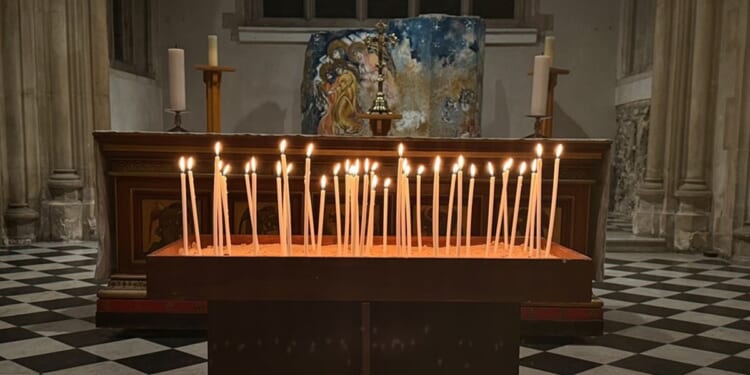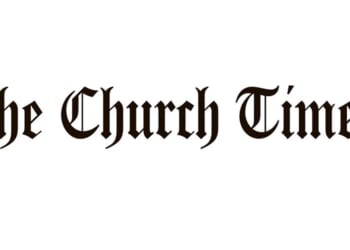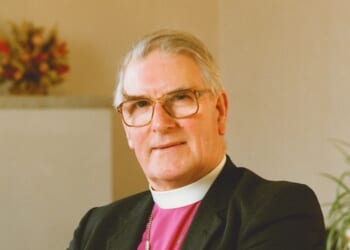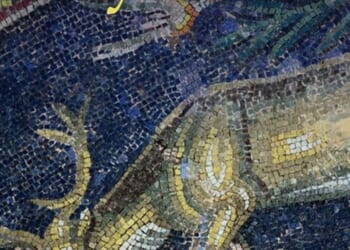THE Bishop of London, the Rt Revd Sarah Mullally, has clarified her position on abortion, saying that she should not be “simply categorised” as “pro-choice”.
Bishop Mullally, the Archbishop-designate of Canterbury, made her comments after taking part in a service of remembrance during Baby Loss Awareness Week, at St Giles Cripplegate, in the City of London, on 15 October.
The liturgy was designed and led by the Revd Lucy Newman Cleeve, an assistant curate at St Giles’s, who explained to the congregation that the Baby Loss Remembrance Service was for “anyone who has been affected by miscarriage, stillbirth, or the loss of a child; to those who struggle with infertility; to those who long for children; and to those who have made the difficult decision to end a pregnancy”.
After prayers, readings, and meditations, the congregation were invited to light a candle to mark “the lives of babies lost in pregnancy, at, or soon after, birth”. Bishop Mullally led prayers and the lighting of candles, and offered anointing for healing.
Afterwards, she wrote on social media that it had been “a privilege to gather . . . for a special service to remember babies lost during pregnancy, at birth, or shortly after birth”, and posted a photo of the lit candles in front of the altar.
Speaking to the Church Times after the service, Bishop Mullally, a former Chief Nursing Officer for England, and the Church of England’s lead bishop for health and social care, said: “I am aware that I have in the past been labelled as ‘pro-choice’ — perhaps because of my previous career — but this is a complex debate, and I don’t think my or others’ views can be so simply categorised.
“I support the Church of England’s principled opposition to abortion, which comes with a recognition that there can be strictly limited conditions under which abortion may be preferable to any available alternatives.
“Above all else, women facing unwanted pregnancies require compassion and care, and a path that supports them. They are confronted with the hardest of choices, and they must be supported.”
She referred to a statement that she had made criticising a debate in the House of Commons to allow abortion up to birth. She restated her concerns that “decriminalising abortion could inadvertently undermine the value of unborn life, eroding the safeguards and enforcement of the legal limits.” She said that women suffering from coercion, or were victims of sexual or domestic abuse, would be the most vulnerable to the proposals.
When her nomination to Canterbury was announced this month, some religious commentators criticised her for a view that she had expressed in 2012 on her blog: “I would suspect that I would describe my approach to this issue as pro-choice rather than pro-life, although if it were a continuum I would be somewhere along it moving towards pro-life when it relates to my choice and then enabling choice when it related to others.”
In her conversation with the Church Times, she said that church services could play a vital part in supporting those whose lives had been affected by baby loss.
















